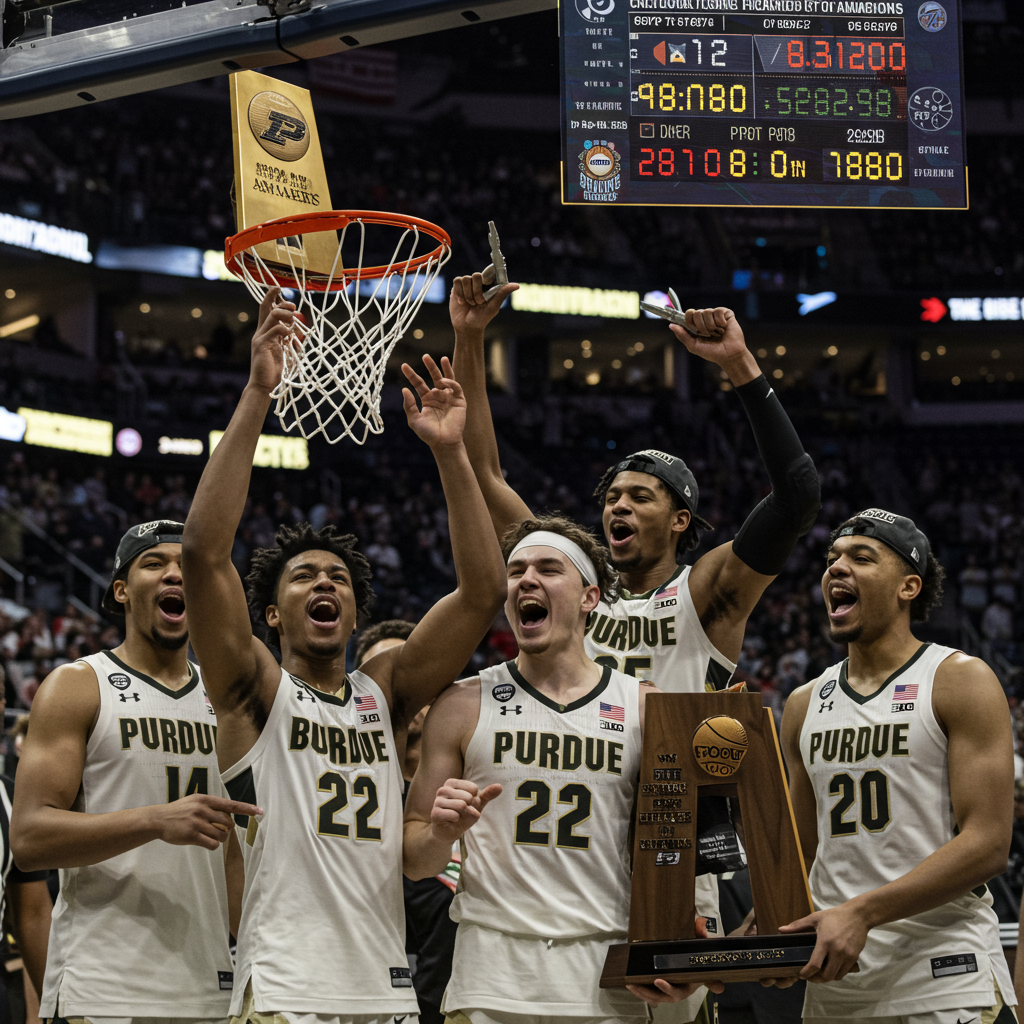As the 2025 NBA Draft approaches, South Sudanese prospect Khaman Maluach is widely regarded as a potential lottery pick, celebrated for his commanding 7-foot-2 frame, defensive prowess, and sky-high potential. However, his path to the NBA faces an unexpected and complex hurdle: his visa status.
A recent decision by the U.S. State Department in April revoked all existing visas for South Sudanese citizens, impacting nationals living in the United States, including Maluach, who had just declared for the draft after leaving Duke University.
While navigating the professional sports world often involves visa processes for international players, Maluach’s situation presents a unique logistical challenge stemming directly from this policy change.
Understanding the Visa Situation
Before declaring for the draft, Maluach held an F1 student visa while at Duke. As he awaits the draft outcome, CNN Sports understands he is currently on a tourist visa.
Should he be drafted by one of the NBA’s 29 American teams, the standard procedure is for him to transition to a P1 visa, designated for professional athletes. This P1 visa typically covers international players throughout their long-term NBA careers.
The complexity arises if Maluach is drafted by the league’s sole Canadian team, the Toronto Raptors. In this scenario, he would not qualify for a P1 visa. Instead, he would likely reside in Canada under an O1 visa for individuals with “extraordinary ability.”
The significant hurdle then becomes traveling for road games in the United States. CNN Sports understands that if drafted by the Raptors, Maluach would require a B1 business visa and a waiver for every single road trip back into the U.S. Unlike players with standard P1 visas who can travel freely between the U.S. and Canada for league activities, Maluach would likely need to appear in person each time to obtain these new travel documents.
While complex visa situations are not unprecedented for international athletes – former NBA center Enes Kanter faced travel challenges for years – Maluach’s potential need for repeated, in-person visa applications for routine road games is reportedly unique among active NBA players.
Responding to the situation, a U.S. State Department spokesperson stated they do not comment on specific cases but confirmed the April 5 decision to revoke visas for South Sudanese passport holders. They added that affected individuals are not required to leave the U.S. before their authorized stay expires, but “any future travel to the United States will require a new visa application.” The statement emphasized that visa service decisions prioritize U.S. national security and public safety.
Maluach’s Inspiring Journey to the Draft
The potential visa complexities add another layer to Khaman Maluach’s already remarkable life story. Born in Rumbek, South Sudan, his family fled conflict, seeking refuge in neighboring Uganda when he was a child.
He started playing basketball remarkably late – around age 13 or 14 – after a chance encounter where a motorcyclist advised him to pick up the sport due to his height. Shortly after, he attended a camp organized by former NBA player and South Sudanese national hero, Luol Deng.
Maluach quickly felt at home. “I just went to a camp and saw a lot of tall people who were happy and I was like: ‘This is where I belong,’” he told reporters. His natural talent and rapid growth were evident; by the next year’s camp, he was one of the tallest players there.
His potential was soon recognized globally. Troy Justice, NBA senior vice president and head of international basketball operations, saw a WhatsApp video of a young, tall teenager from NBA Academy Africa with high potential and a strong family background, deeming him a perfect fit for the academy program.
Brendan McKillop, NBA associate vice president overseeing the academy, was struck by Maluach’s fluidity despite his lack of experience. “He just had this natural ability; he had touch, he had great hands, and he just knew how to move well on a basketball court,” McKillop noted.
Maluach’s rapid ascent included being named MVP and Defensive Player at the Basketball Without Borders Africa program. He joined the Elevate program, placing academy prospects on Basketball Africa League (BAL) teams, and even started for a team in the 2023 BAL Finals. In 2024, he made history as the youngest player at the Paris Olympics, representing South Sudan.
Beyond his physical gifts, what truly sets Maluach apart is his mentality. Justice praises his “ability to listen and learn,” constantly consuming information and evolving with the habits of a pro. McKillop echoes this, describing him as an “incredibly unique and special kid” with immense work ethic, humility, and a burning desire to be great. He is remembered by those who helped him as someone who is “never forgotten how lucky he is” and always expresses gratitude.
As Khaman Maluach stands on the cusp of his NBA dream, he faces not only the challenge of transitioning to the professional level but also a unique logistical hurdle. Yet, given his history of overcoming adversity and his lauded character, navigating this visa situation appears to be just another test he’s equipped to face.


